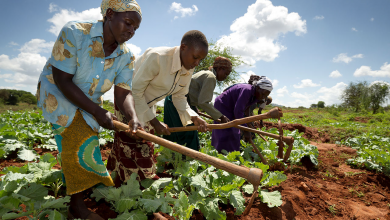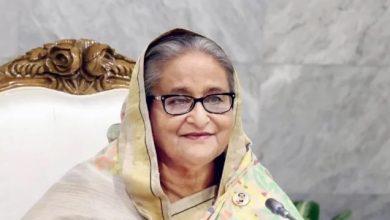Gender Minister announces 2025 LEAP budget increase to support 400,000 households

The Minister for Gender, Children and Social Protection, Dr. Agnes Naa Momo Lartey, has announced a substantial increase in the 2025 budget for the Livelihood Empowerment Against Poverty (LEAP) programme, aiming to support approximately 400,000 households.
“The Government has allocated GH₵953.5 million to the LEAP Programme in the 2025 budget, an increase from the 2024 allocation of GH₵728.8 million,” she stated.
The increase in beneficiaries, according to Minister Dr. Naa Momo Lartey, is aimed at strengthening support for Ghana’s most vulnerable households.
Speaking at a press briefing on Monday, June 30, 2025, she announced the start of nationwide disbursement of the cash grant, which officially begins today, Monday, June 23, 2025.
The Ministry revealed that this year’s distribution will reach 400,000 households—an increase of 50,000 from the previous 350,000—following Cabinet’s approval to expand the programme’s coverage.
Dr. Lartey also disclosed that an inflation-adjusted payment structure will be introduced, starting with the 96th disbursement cycle.
She stated that under the revised scheme, “Households with one eligible member will now receive GH₵320, an increase from GH₵256. Those with two eligible members will get GH₵380, up from GH₵304. Three-member households will receive GH₵440, compared to the previous GH₵352, while households with four or more eligible members will now receive GH₵530, up from GH₵424.”
Dr. Naa Momo Lartey urged beneficiary households to use the grant wisely, emphasizing the importance of investing in child welfare, nutrition, education, and income-generating activities.
“LEAP beneficiary households should prioritize household nutrition, children’s education, and investment in income-generating activities. They should equally begin to adopt a savings culture based on clear household consumption needs and goals,” she stated.
The LEAP programme is aimed at supporting the most vulnerable groups in society, including orphans and vulnerable children, elderly individuals aged 65 and above without any form of support, persons with severe disabilities who are unable to work, and extremely poor pregnant and lactating women with infants under one year old.





